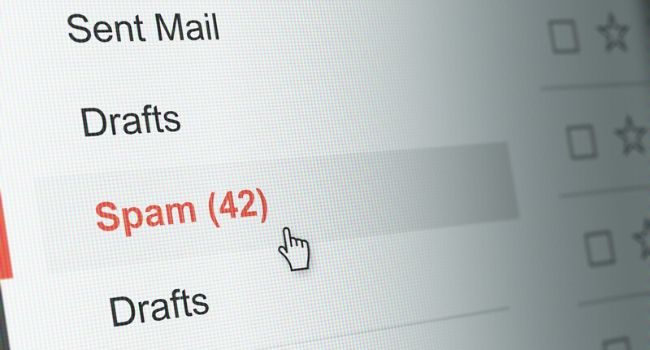
Research: Americans Should Watch Out For Hacking Campaigns Related to Stimulus Bill, Economic Recovery
Cyber attackers have already attempted to profit off of spam websites selling fake coronavirus cures. Now, hackers will turn toward Americans’ thirst for information about stimulus checks and financial aid.
- By Haley Samsel
- Mar 31, 2020
Now that President Trump has signed a $2 trillion stimulus package providing emergency aid to people and businesses affected by the coronavirus pandemic, internet users can expect hackers to use those topics to trick people into downloading malware.
That’s the findings of cybersecurity firm FireEye, which released a threat assessment on Friday, when Trump signed the bill into law.
“We anticipate attackers will increasingly leverage lures tailored to the new stimulus bill and related recovery efforts such as stimulus checks, unemployment compensation and small business loans,” FireEye researchers wrote. “We expect future campaigns—primarily those perpetrated by financially motivated threat actors— to incorporate these themes in proportion to the media’s coverage of those topics.”
The cybersecurity company’s findings should come as no surprise to Americans who have noticed an uptick in scam websites selling fake cures and vaccines for COVID-19 or received emails from individuals posing as health experts from the Centers for Disease Control and Prevention.
Now that more Americans will be using search engines to find information about stimulus checks or other financial assistance, hackers will likely pose as government agencies in an effort to steal credit card information or Social Security numbers.
While there have not been widespread malware campaigns yet, FireEye and other cybersecurity researchers have already identified some campaigns with economic recovery themes promising users payments or grants if they download an attachment or enter their financial information.
On March 18, the researchers report, several individuals at corporations across North America, notably many in Canada, received an email titled “COVID-19 Payment” with an attached Microsoft Word document. Once the document was opened, it would trigger the download of a .JSE file that would initiate the SILENTNIGHT banking malware, according to FireEye.
“The threat actors exploiting this crisis are not new, they are simply taking advantage of a particularly overtaxed target set that is urgently seeking new information,” the FireEye report reads. “Users who are aware of this dynamic, and who approach any new information with cautious skepticism will be especially prepared to meet this challenge.”
These campaigns may be just beginning, but the same rules apply for practicing good cybersecurity. Users should avoid opening messages or attachments from email addresses they do not recognize and resist sending any financial information by email or online. Even if the email appears to be coming from a respected colleague or friend, double check with the person before carrying out any financial transaction as their email may be “spoofed” by a hacker.
About the Author
Haley Samsel is an Associate Content Editor for the Infrastructure Solutions Group at 1105 Media.